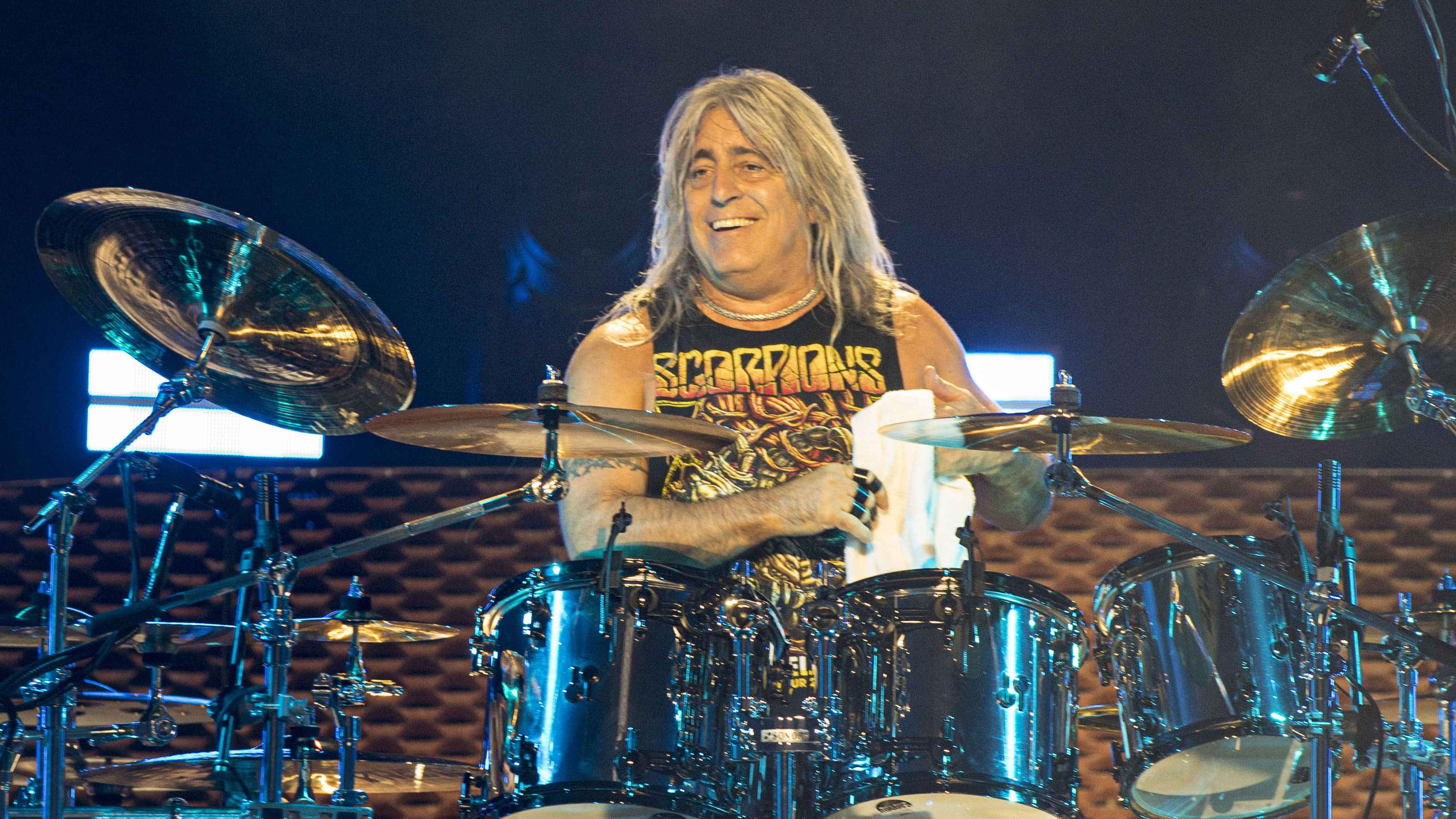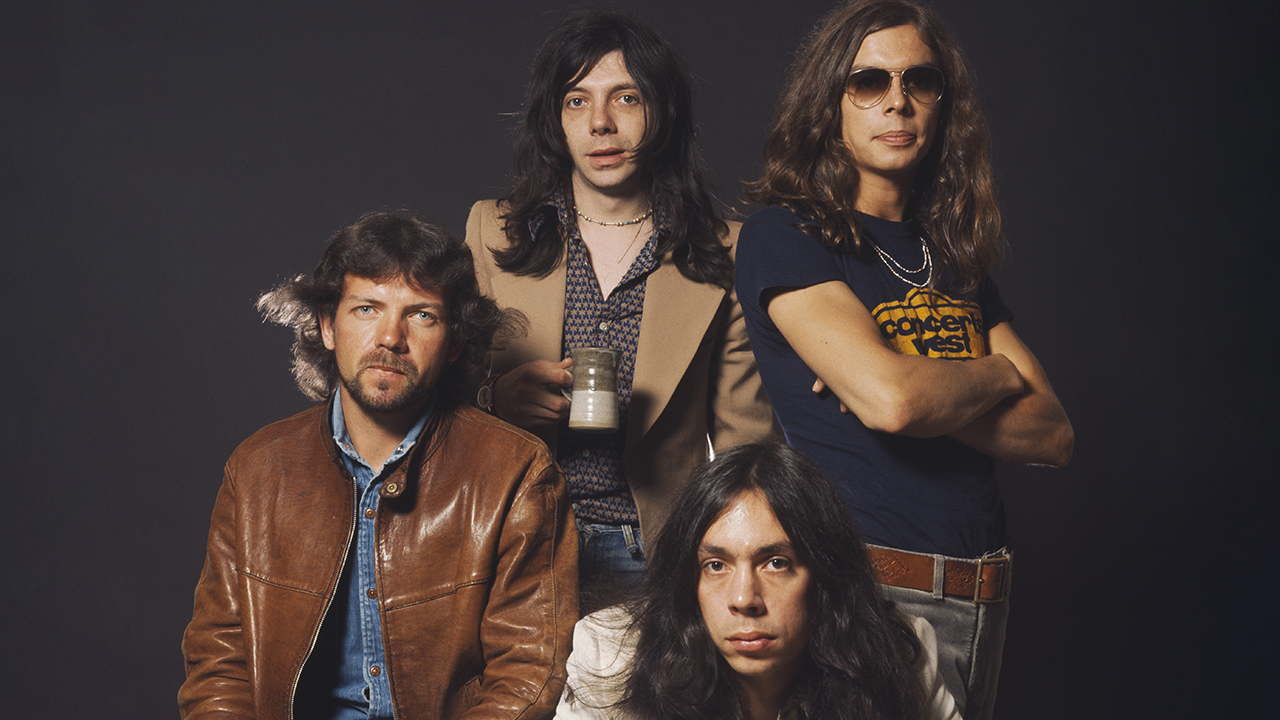Motörhead's Mikkey Dee says lip-syncing "sucks big time", but backing tracks are acceptable if used in a "proper way"
Motörhead drummer Mikkey Dee weighs in on the debate surrounding bands that use backing-tracks when performing live

Mikkey Dee has offered his thoughts on the recent discussion surrounding the use of backing tracks at live shows.
While such methods are commonly associated with pop artists, in recent years, more and more rock acts have been relying on pre-recorded material to artificially strengthen their live performances. This has led to some debate across the scene on whether the incorporation of backing tracks is appropriate in a genre typically revered for the technical ability of its musicians.
Recently, Kiss frontman Paul Stanley was accused of lip-syncing on the band's ongoing End Of The Road farewell tour, after struggling with a decreasing vocal range over the last few years.
The Motörhead drummer offers his take on the discussion via a Cameo video message requested by the Syncin' Stanley YouTube channel, stating that he's thoroughly against lip-syncing in a live capacity, although thinks that backing tracks are "acceptable" if used "properly".
"Lip-syncing sucks big time. I hate it. That's not fun at all," he says, (as transcribed by Blabbermouth). "But when it comes to backing tracks, sometimes it's not too bad if you use it in a proper way.
"Let's say, you could have a rhythm guitar as a backtrack in certain solos. We never had it with Motörhead, ever. And I know a lot of bands that wanna fill up certain parts of a song with some backing tracks — maybe a guitar, a rhythm guitar usually, or maybe some kind of keyboard or something — just to fill up spaces where it's impossible to play.
"And if you recorded something and you dubbed something on there, some little theme or something, I think that's okay; that's not too bad. I can live with that, as long as the rest of the song is being played properly. But lip-syncing — absolutely no. And backing tracks, if you use them properly; if you use them, I would say the way they were intended. But a lot of bands might use backing tracks for the whole musical part of it. And trust me, I hate that — absolutely terrible."
Sign up below to get the latest from Classic Rock, plus exclusive special offers, direct to your inbox!
Of what the late Motörhead frontman Lemmy would think of the method if he were still alive, Dee continues, "Lemmy had the same kind of view, I guess, as me, because we never used backing tracks. But sometimes it could have been okay to do it because it maybe got too thin in certain kinds of solo or something because we were only three [members in Motörhead]. So he didn't like it. He would never do it. But he could see bands that used it in a proper way, in a good way.
"Then I think it's acceptable, and then it's all right. But I don't think he would like it. He would be mostly against it. I think it's okay here, and there, as I said, in the case of… depending on what kind of song they needed to work on, to fill up, as I said, a solo, a B section, maybe a theme in a solo — I mean, in a chorus — also play something like that. But the song needs to be played by the band, and the band only, live. That's my view on it."

Liz manages Louder's social media channels and works on keeping the sites up to date with the latest news from the world of rock and metal. Prior to joining Louder as a full time staff writer, she completed a Diploma with the National Council for the Training of Journalists and received a First Class Honours Degree in Popular Music Journalism. She enjoys writing about anything from neo-glam rock to stoner, doom and progressive metal, and loves celebrating women in music.
